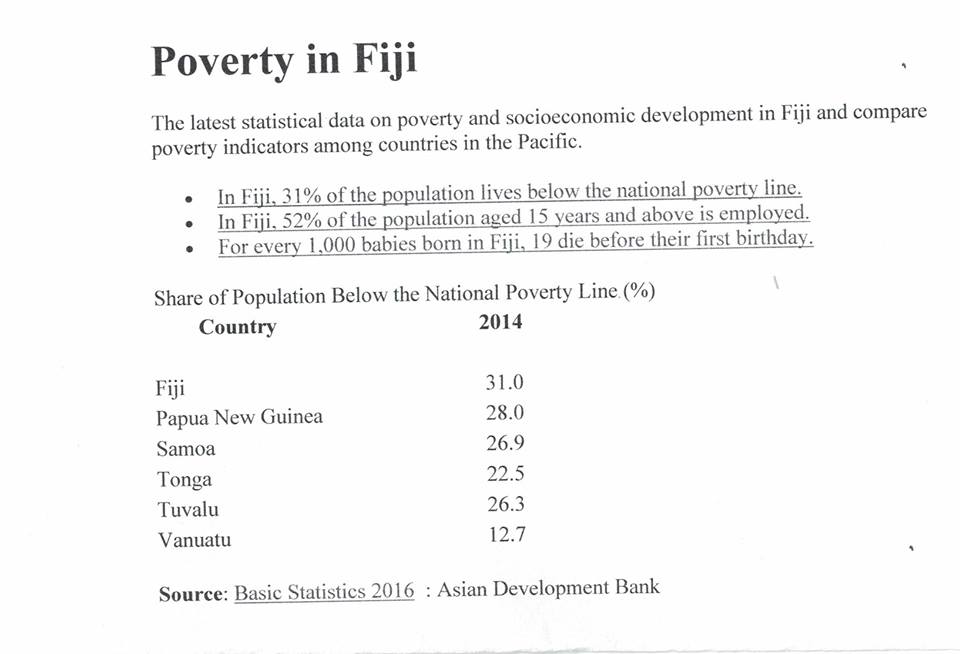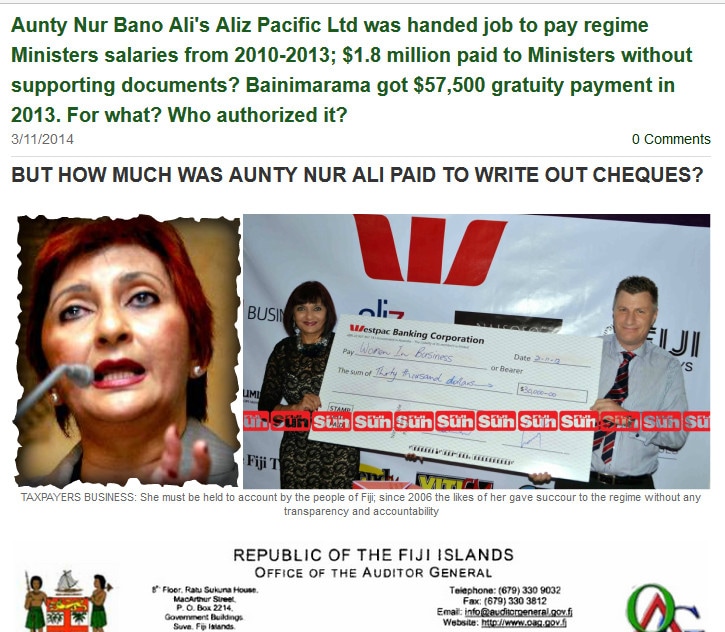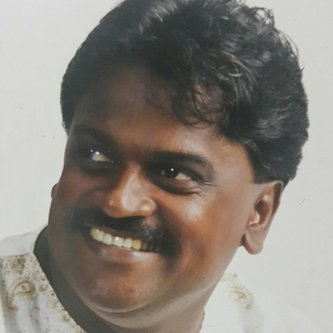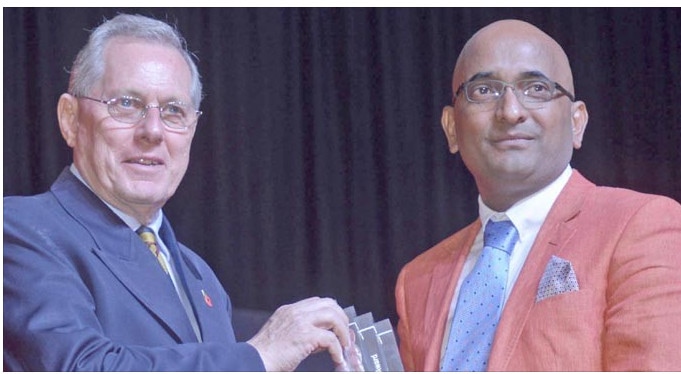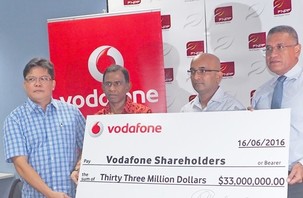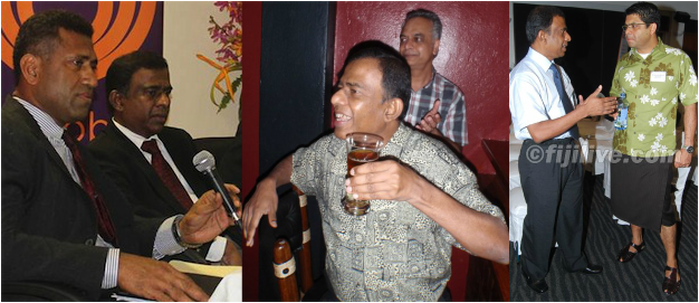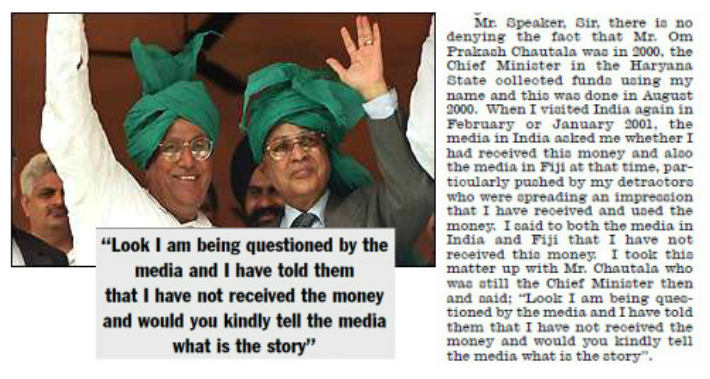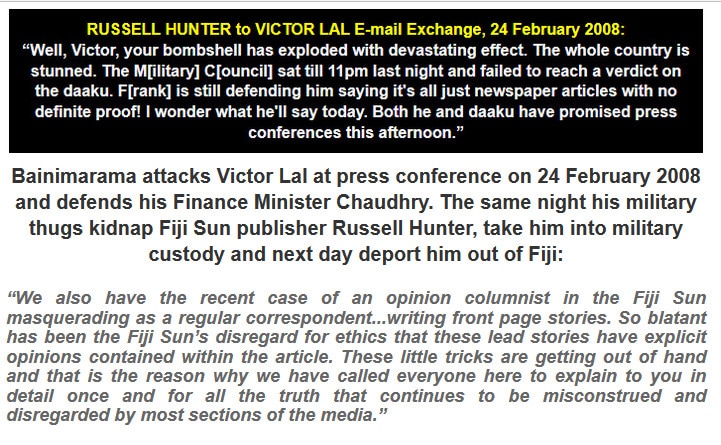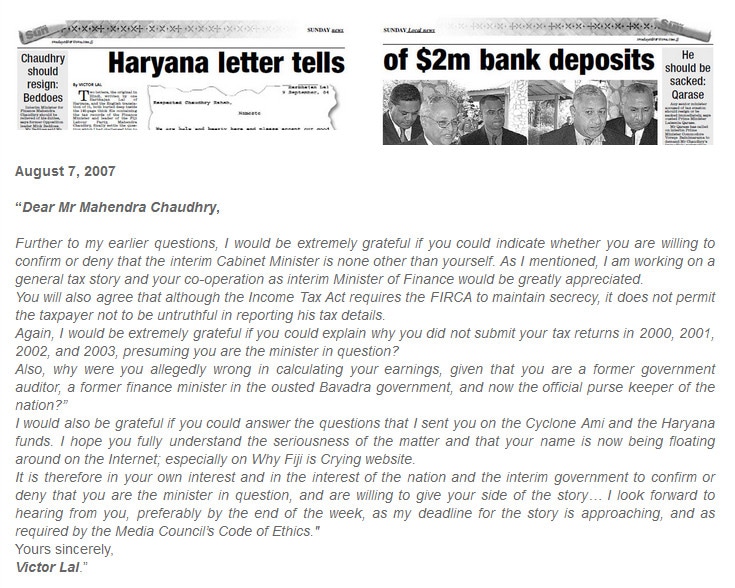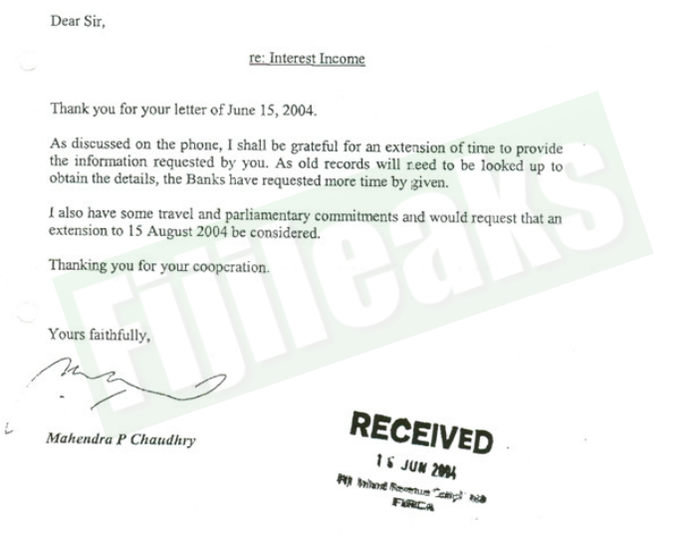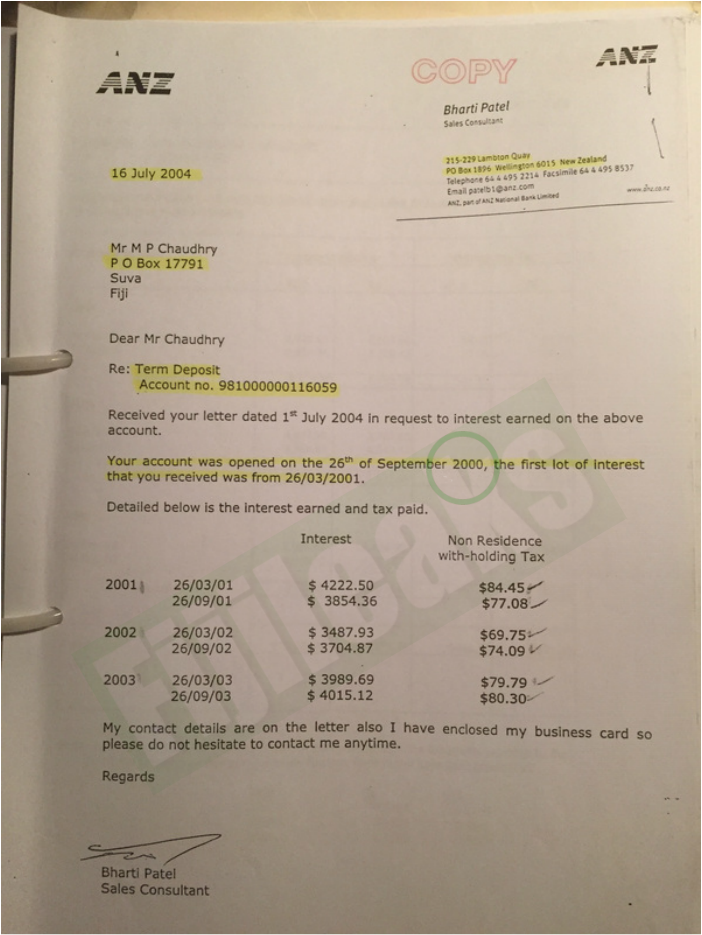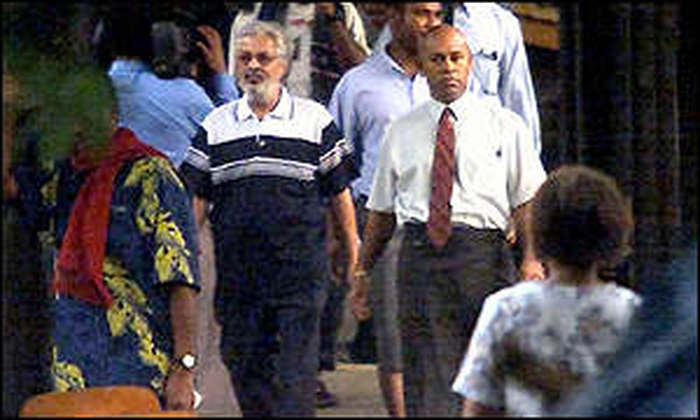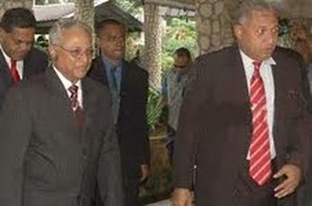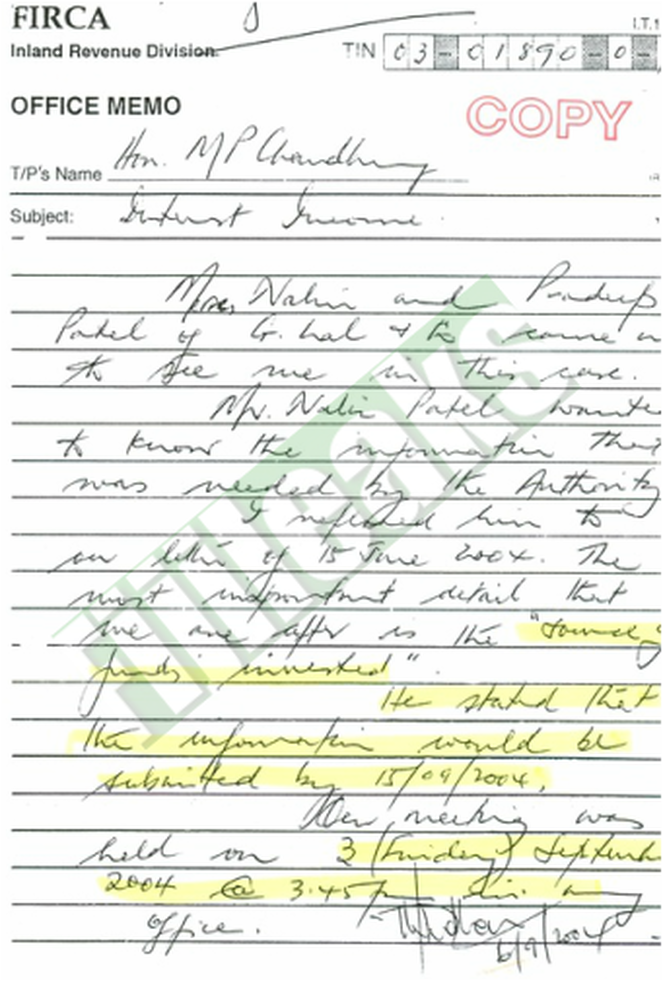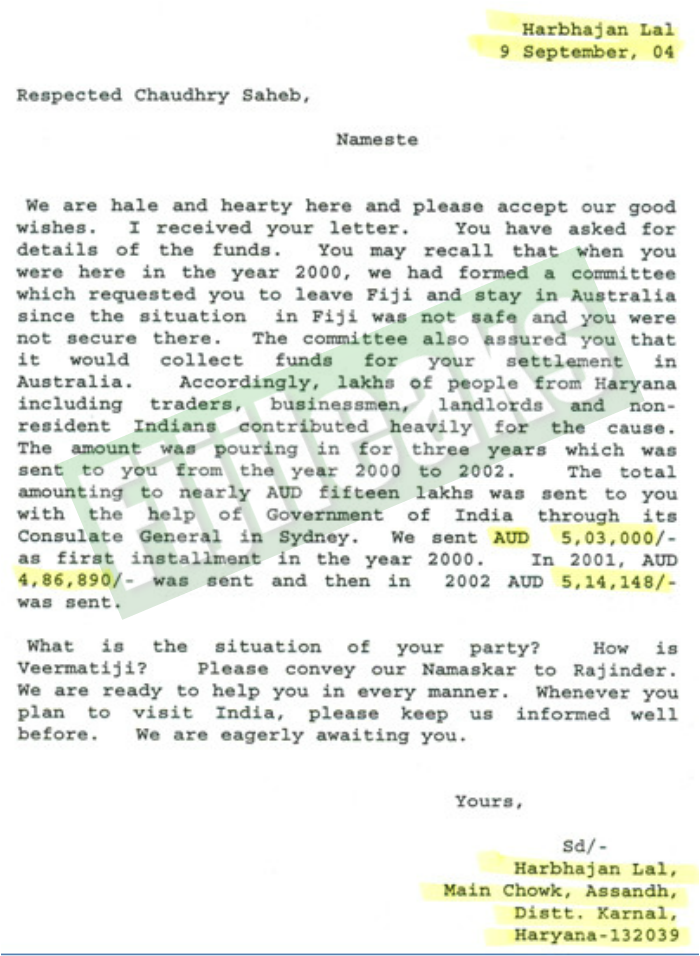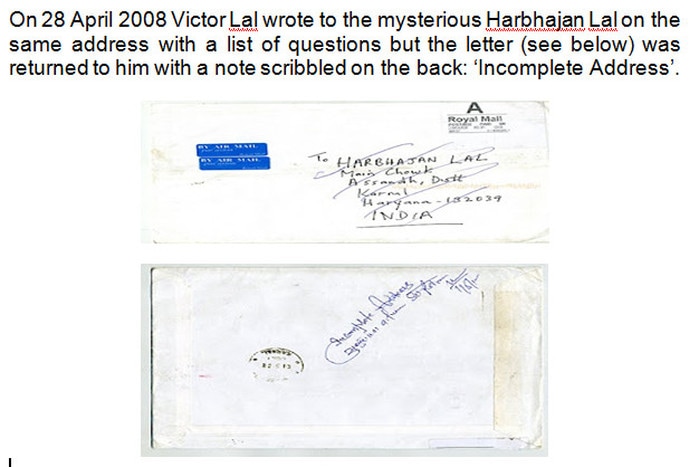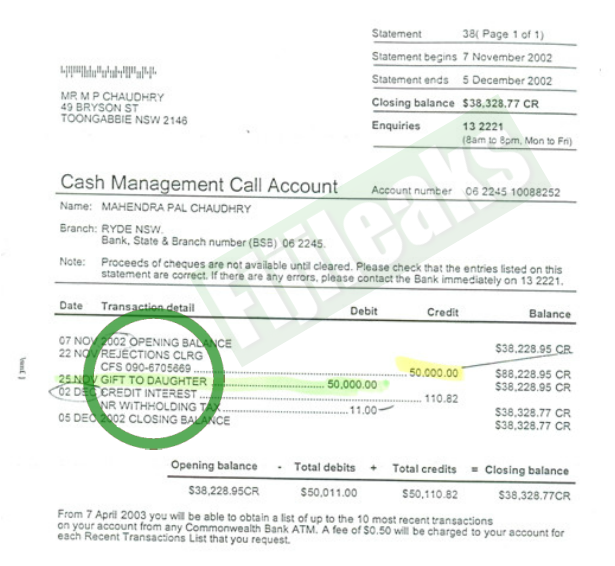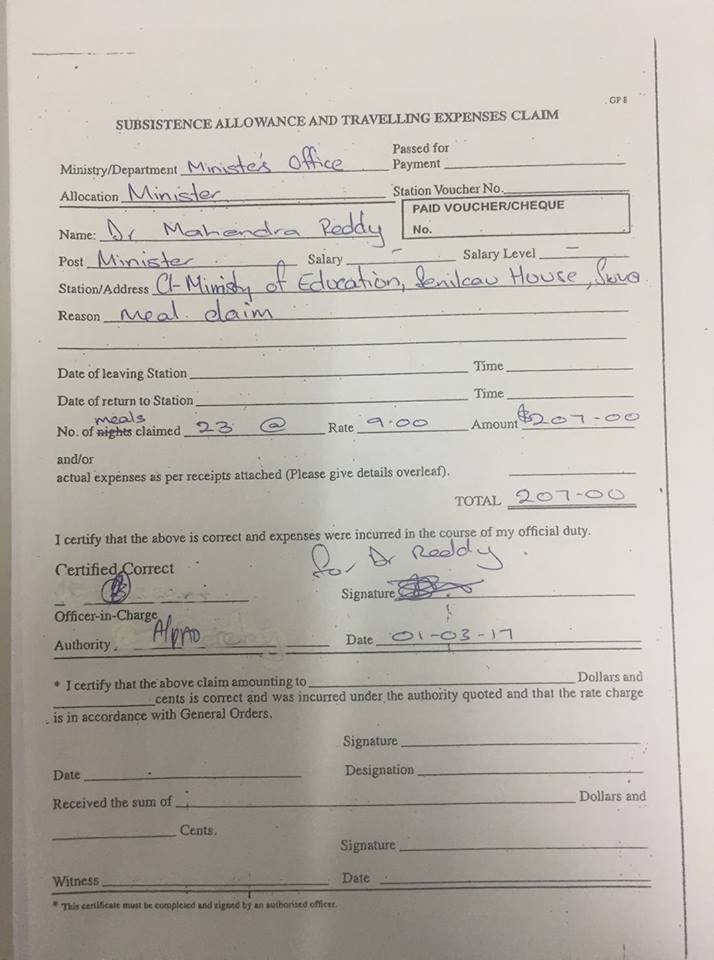Coming soon: The Lady With Political Whip: How Adi Litia Qionibaravi and other anti-Ro Kepa faction brought coupist Rabuka to lead Sodelpa, and why FLP and others rushing to talk coalition with this coupist and political conman will meet their "political waterloo" at the poll? He had betrayed Mahendra Chaudhry in 1994 after getting his vote to become Prime Minister. Also, Rabuka and the "Stephen Affair", the collapse of the National Bank of Fiji, his racist and economic legacy from 1987 to 1999, not to mention how he obtained his farm where CRW soldiers trained before storming Parliament in 2000 to overthrow the Chaudhry government - and why Justice Gerard Winter acquitted him on the inciting mutiny charges. Tragically, and shamelessly, instead of standing up for, and with Mahendra Chaudhry and other hostages of George Speight and the CRW soldiers, Rabuka phoned the late President Ratu Sir Kamisese Mara, as he (Mara) recalled: "The first one to contact me was Rabuka by telephone. 'I am ready', he said. That was at about 11. I said 'what for?' I told him to come and see me in the afternoon...As soon as they sat down, I said you two, I pointed at Rabuka and Savua, 'you have a hand in this thing. You could see it in their face'; meanwhile, during mutiny in November 2000, he turned up with his Major-General's uniform at the QEB, only to be told by a former senior commander [name withheld] to get out before "I shoot you". We have been very clear: he should waive his IMMUNITY to answer for his treasonous coup crimes.
Aiyaz Khaiyum should also talk about how they manipulated the parliamentary process to award themselves huge increases to their sitting and travel allowances - $3000 per day to the Prime Minister and $2500 to him...In 2010 the Fiji Labour Party revealed that Khaiyum and Bainimarama were being paid secret salaries in excess of $1 million each through this accounting firm. Since then despite being questioned repeatedly the two have remained silent about their salaries between 2010 and 2013.
People living in glass houses, Mr Khaiyum ….?
Attorney General Aiyaz Khaiyum has the gall to question the salaries of union officials such as Felix Anthony and Rajeshwar Singh in Parliament.
He should first of all come clean on his own super salary and that of Prime Minister Bainimarama paid to them secretly through the accounting firm of his aunt Nur Bano.
In 2010 the Fiji Labour Party revealed that Khaiyum and Bainimarama were being paid secret salaries in excess of $1 million each through this accounting firm. Since then despite being questioned repeatedly the two have remained silent about their salaries between 2010 and 2013.
The issue was raised in the Auditor General’s 2014 Report. Repeated requests sent to the Prime Minister’s Office for acquitals and details of these secret payments to be produced, were ignored.
The Finance Ministry made similar requests which were also ignored. When the Public Accounts Committee began questioning these issues, Aiyaz Khaiyum amended the Standing Orders to get rid of the Chair to the Committee ( Dr. Biman Prasad) and replaced him with one of own lackeys.
Now, Mr Khaiyum – why don’t you tell us first how much you and the PM received in salaries between 2010 and 2013 before you start pointing fingers at union officials? At least, their salaries are transparent and do not come from the public purse.
Aiyaz Khaiyum should also talk about how they manipulated the parliamentary process to award themselves huge increases to their sitting and travel allowances - $3000 per day to the Prime Minister and $2500 to him.
You know the good old adage, Mr Khaiyum, about people living in glass houses ……?
Attorney General Aiyaz Khaiyum has the gall to question the salaries of union officials such as Felix Anthony and Rajeshwar Singh in Parliament.
He should first of all come clean on his own super salary and that of Prime Minister Bainimarama paid to them secretly through the accounting firm of his aunt Nur Bano.
In 2010 the Fiji Labour Party revealed that Khaiyum and Bainimarama were being paid secret salaries in excess of $1 million each through this accounting firm. Since then despite being questioned repeatedly the two have remained silent about their salaries between 2010 and 2013.
The issue was raised in the Auditor General’s 2014 Report. Repeated requests sent to the Prime Minister’s Office for acquitals and details of these secret payments to be produced, were ignored.
The Finance Ministry made similar requests which were also ignored. When the Public Accounts Committee began questioning these issues, Aiyaz Khaiyum amended the Standing Orders to get rid of the Chair to the Committee ( Dr. Biman Prasad) and replaced him with one of own lackeys.
Now, Mr Khaiyum – why don’t you tell us first how much you and the PM received in salaries between 2010 and 2013 before you start pointing fingers at union officials? At least, their salaries are transparent and do not come from the public purse.
Aiyaz Khaiyum should also talk about how they manipulated the parliamentary process to award themselves huge increases to their sitting and travel allowances - $3000 per day to the Prime Minister and $2500 to him.
You know the good old adage, Mr Khaiyum, about people living in glass houses ……?
FLP: And STOP FOOLING PEOPLE by bamboozling them with statistics
AG Aiyaz Khaiyum is once again trying to bamboozle the people of Fiji with statistics.
Referring to the UNDP 2016 Human Development Index which ranks Fiji 91 out of 188 countries, he says this puts Fiji in the high category of human development and shows “progression”.
Firstly, it does not put Fiji in the high category of development, as he claims – it puts Fiji in the medium category.
Even this ranking is #questionable considering the pathetic on the ground realities and social conditions of our people. It is also questionable because the UNDP does not carry out its own surveys – it merely uses figures presented by the government and we all know how concocted a lot of these official statistics are.
1. Take for instance, the #myth that Fiji’s life expectancy rate is 70.2 – it has hovered around this figure for decades. How does this reconcile with medical statistics that show only 16% of our population live past the age of 50 and only 8% live beyond their 60th birthday. This is because of the very high incidence of NCDs in Fiji. Our adult mortality rate is 3 times that of Australia and New Zealand. Malnutrition particularly among our children is a serious problem.
Our health care facilities are in a deplorable condition – hospitals and clinics lack basic supplies, equipment and drugs; there is an acute shortage of doctors and other medical personnel and most hospitals are in a dirty, neglected condition. Khaiyum has reduced the health budget by a whopping 33%.
2. Education – the report is based on expected years of schooling at 15.3. This figure completely ignores the falling standard of education in our schools and universities in recent years. There have been so many complaints from the business sector that our university graduates are not up to standard.
3. Poverty - Interestingly the UNDP report says data on this is not available. We all know that close to 50% of our people live in or on the edge of poverty.
The minimum national wage rate of $2.35 is a joke compared to the escalating cost of living in this country largely as a result of the FF government’s policies.
These are a few examples. There are other indications of the grossly deteriorating quality of life of our people:
- mushrooming squatter settlements in urban areas – showing an acute shortage of affordable housing for low income earners as well as increasing rural-urban drift.
- rural decline as a result of a marked drop in agricultural production including sugar cane and neglect of rural development by the government
- high rate of youth unemployment standing at around 25%
- increasingly high crime rates largely as a result of high unemployment and rising costs of living
No, Mr Khaiyum – our people are not fooled by your statistics. Our ground realities, the deprivation and suffering of our people show the true picture of the state of human development in Fiji.
#What the #Asian Development Bank says:
Referring to the UNDP 2016 Human Development Index which ranks Fiji 91 out of 188 countries, he says this puts Fiji in the high category of human development and shows “progression”.
Firstly, it does not put Fiji in the high category of development, as he claims – it puts Fiji in the medium category.
Even this ranking is #questionable considering the pathetic on the ground realities and social conditions of our people. It is also questionable because the UNDP does not carry out its own surveys – it merely uses figures presented by the government and we all know how concocted a lot of these official statistics are.
1. Take for instance, the #myth that Fiji’s life expectancy rate is 70.2 – it has hovered around this figure for decades. How does this reconcile with medical statistics that show only 16% of our population live past the age of 50 and only 8% live beyond their 60th birthday. This is because of the very high incidence of NCDs in Fiji. Our adult mortality rate is 3 times that of Australia and New Zealand. Malnutrition particularly among our children is a serious problem.
Our health care facilities are in a deplorable condition – hospitals and clinics lack basic supplies, equipment and drugs; there is an acute shortage of doctors and other medical personnel and most hospitals are in a dirty, neglected condition. Khaiyum has reduced the health budget by a whopping 33%.
2. Education – the report is based on expected years of schooling at 15.3. This figure completely ignores the falling standard of education in our schools and universities in recent years. There have been so many complaints from the business sector that our university graduates are not up to standard.
3. Poverty - Interestingly the UNDP report says data on this is not available. We all know that close to 50% of our people live in or on the edge of poverty.
The minimum national wage rate of $2.35 is a joke compared to the escalating cost of living in this country largely as a result of the FF government’s policies.
These are a few examples. There are other indications of the grossly deteriorating quality of life of our people:
- mushrooming squatter settlements in urban areas – showing an acute shortage of affordable housing for low income earners as well as increasing rural-urban drift.
- rural decline as a result of a marked drop in agricultural production including sugar cane and neglect of rural development by the government
- high rate of youth unemployment standing at around 25%
- increasingly high crime rates largely as a result of high unemployment and rising costs of living
No, Mr Khaiyum – our people are not fooled by your statistics. Our ground realities, the deprivation and suffering of our people show the true picture of the state of human development in Fiji.
#What the #Asian Development Bank says:



